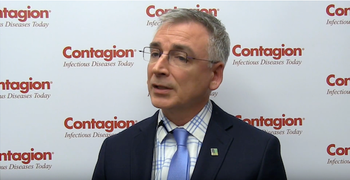
Michael Edmond, MD, MPH, MPA, explains how health care facilities can work on preparing for the unexpected in the realm of infectious diseases.

Michael Edmond, MD, MPH, MPA, explains how health care facilities can work on preparing for the unexpected in the realm of infectious diseases.
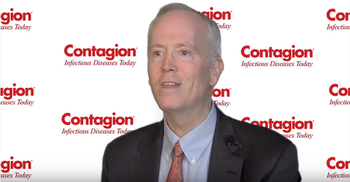
Edmond Hooker, MD, DrPH, explains why hospital mattresses are harder to disinfect than other harder surfaces.

Two new studies are providing some additional insight and hope for treating the effects of the Zika virus.
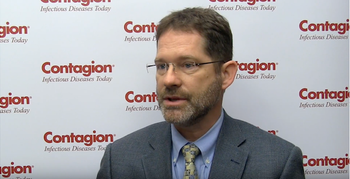
Daniel Diekema, MD, explains why microbiology labs should be seen as an integral part of antimicrobial stewardship efforts.
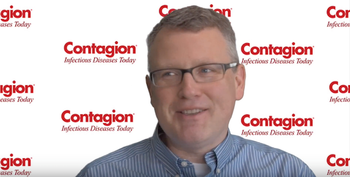
James S. Lewis, PharmD, FIDSA, discusses the role vaccination plays in reducing unnecessary antibiotic use.
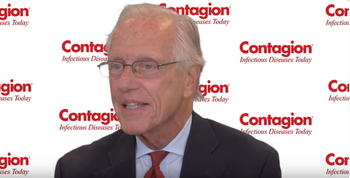
William Schaffner, MD, lists some of the common reasons behind why individuals decide against getting their flu shots, and why they should reconsider.
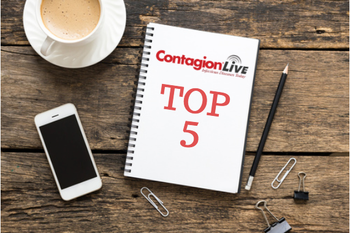
Stay up-to-date on the latest infectious disease news by checking out our top 5 articles of the week.
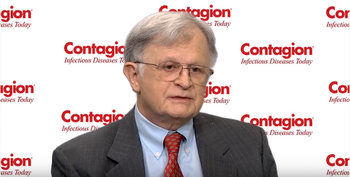
Robert Bransfield, MD, DLFAPA, explains how he was able to establish a correlation between suicidal risk and Lyme disease.
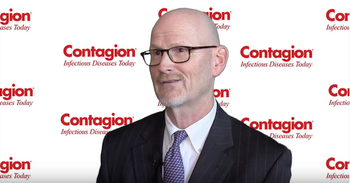
Richard Haupt, MD, MPH, explains the risk factors for Clostridium difficile infection.
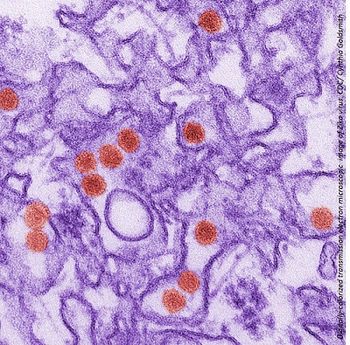
The results of a new study suggest that naturally-acquired immunity against the Zika virus may already occur in women in endemic regions of the world.
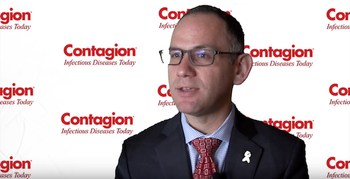
Paul Feuerstadt, MD, sheds light on the estimated burden of C. difficile infection in the United States.
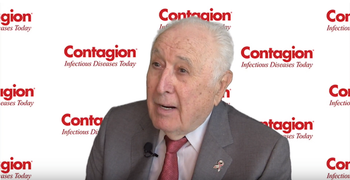
Norman B. Javitt, MD, PhD, explains how antibiotics can impact bile acid composition and result in Clostridium difficile infection.
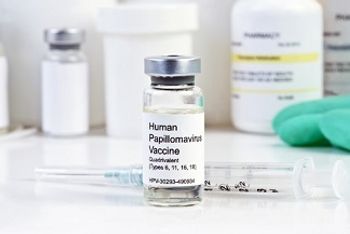
Researchers have found that human papillomavirus (HPV) vaccine may also protect against recurrent respiratory papillomatosis, a rare, but incurable childhood respiratory disease.
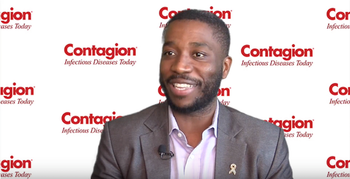
Barley Chironda, RPN, CIC, discusses current infection control measures taken to prevent C. difficile and the reasons why they are falling short.
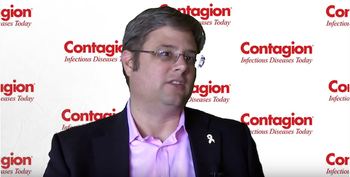
Joe Sliman, MD, MPH, explains how antibiotics affect the gut microbiome.
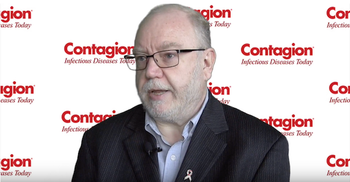
Glenn Tillotson, PhD, FIDSA, discusses the societal value of antibiotics.
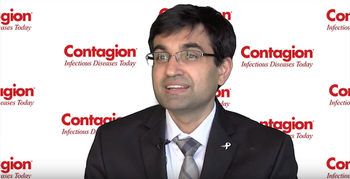
Sahil Khanna, MBBS, MS, provides a brief overview of the history of fecal microbiota transplantation.

Stay up-to-date on the latest infectious disease news by checking out our top 5 articles of the week.
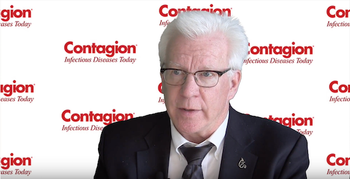
Stuart Johnson, MD, discusses the disadvantages to some of the current approaches used to treat C. difficile.
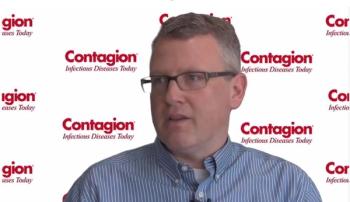
James S. Lewis, PharmD, FIDSA, explains how pharmacists can advocate for judicious antibiotic use in patients through educating the patients themselves, as well as providers.
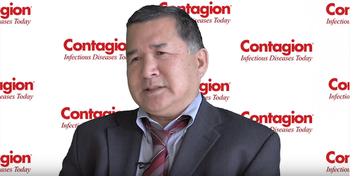
Ferric Fang, MD, explains the major challenges associated with diagnosing Clostridium difficile infection.
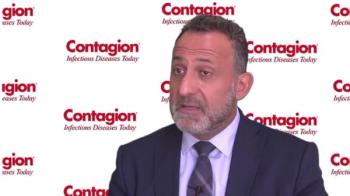
Roy F. Chemaly, MD, MPH, discusses the background behind letermovir and what it brings to the table.
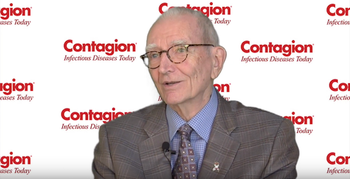
Dale N. Gerding, MD, discusses different methods used to prevent CDI recurrence.
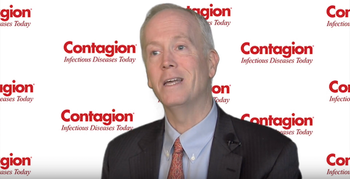
Edmond Hooker, MD, DrPH, discusses multiple factors that put patients at increased risk of getting C. difficile.
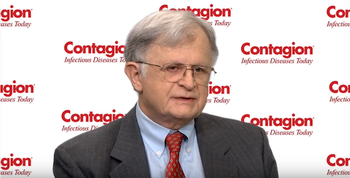
Robert Bransfield, MD, DLFAPA, shares different symptoms caused by Lyme disease, which could, in turn, result in psychiatric conditions that increase the risk of self-harm or harming others in some patients.

In a story that could be straight out of the 1980s, health officials in the state of West Virginia have stated they are dealing with a major outbreak of HIV infections in the southern part of the state.
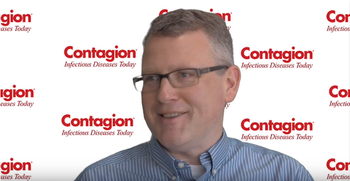
James S. Lewis, PharmD, FIDSA, discusses the need for the development of non-antibacterial options against infections, such as monoclonal antibodies.
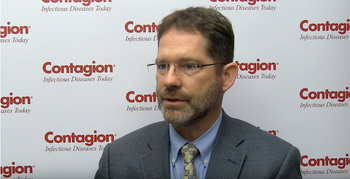
Daniel Diekema, MD, explains how the microbiology lab works to provide optimal drug selection for empiric and directed therapy.
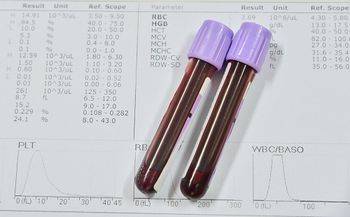
The US Food and Drug Administration (FDA) has cleared a complete blood cell count (CBC) test that, based on its categorization, can be run in more health care settings.
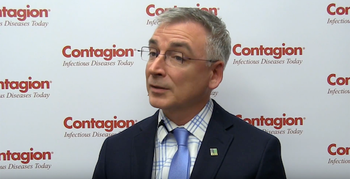
Michael Edmond, MD, MPH, MPA, explains current challenges faced by hospital epidemiologists.